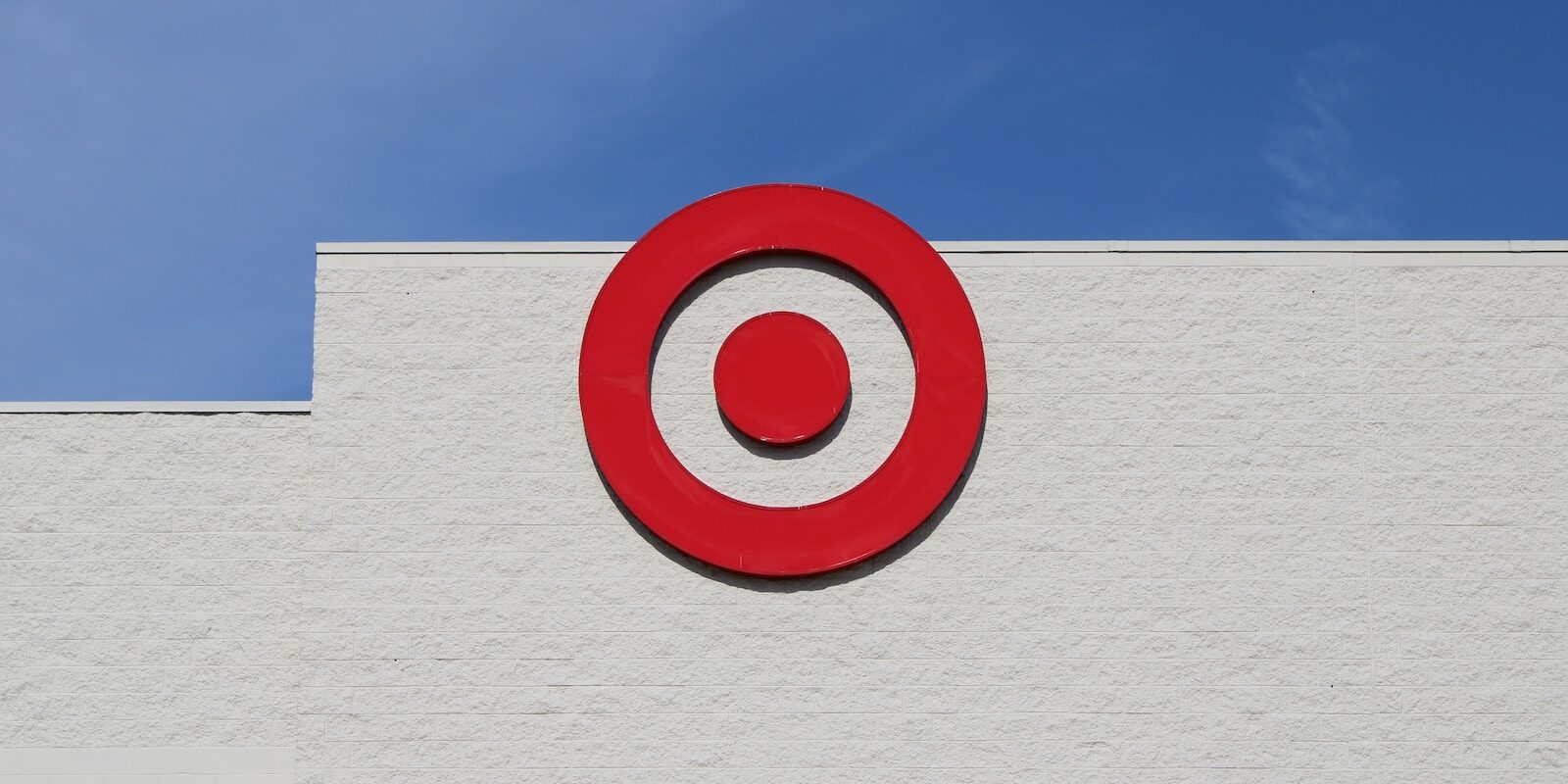
Photo by Daniel ODonnell on Unsplash
Target Misses Earnings Expectations
May 22, 2024
Target reported disappointing first-quarter earnings, attributing the shortfall to the impact of inflation on household budgets. The company’s stock dropped 7% in premarket trading following the announcement.
Net sales decreased by 3.1% year-over-year to $24.5 billion, slightly above the estimated $24.13 billion. The gross profit margin increased to 27.7% from 26.3% last year, surpassing the 27.4% estimate. Diluted earnings per share fell by 1% year-over-year to $2.03, missing the $2.05 estimate. Comparable sales dropped by 3.7%, in contrast to a 0.7% increase last year and Walmart’s 3.8% gain in the same period. Digital comparable sales saw a modest increase of 1.4%, while store comparable sales declined by 4.8%.
Chairman and CEO Brian Cornell highlighted that inflation in essential categories like food and household items is putting a significant strain on consumer wallets. This pressure has led to reduced traffic and transaction numbers in physical stores, particularly impacting sales in discretionary departments such as home goods. Despite these challenges, Cornell noted that sales trends are beginning to normalize in categories where inflation has eased. However, the overall impact on Target’s core operations has been significant.
In response to the earnings miss and to better compete with Walmart, Target announced a plan to cut prices on 5,000 items, including staples like milk, meat, and bread. The company has already reduced prices on 1,500 items and is expected to continue throughout the summer.
Target’s inventory decreased by 7% from the previous year. Both the number of transactions and the average check size declined by 1.9% during the quarter. The company ended the quarter with nearly $3.6 billion in cash reserves.
For the second quarter, Target projected earnings per share between $1.95 and $2.35, against a consensus estimate of $2.19. Comparable sales for the quarter are expected to be unchanged up to 2%. For the full year, earnings per share are projected to be $8.60 to $9.60, aligning with prior guidance, compared to the $9.43 estimate.
Chief Financial Officer Michael Fiddelke emphasized a conservative approach to business planning for the rest of the year, given the ongoing financial pressures and market uncertainties. Unlike Amazon, which benefits from its profitable cloud services business to support retail investments, Target lacks this financial cushion. This distinction highlights the competitive challenges Target faces as it navigates the current economic landscape.
Recent News
Free Baconators All Weekend at Wendy’s
This Father’s Day weekend, Wendy’s is rolling out a special offer to celebrate dads with one of their most iconic menu items. From Friday, June 14 through Sunday, June 16, Wendy’s is offering a buy one, get one free deal on their famous Baconators.
Apple Expands Apple Pay Features
Apple has long been seen as a disruptive force in the banking sector, but the relationship between technology giants and traditional financial institutions is evolving into a more symbiotic one. This week, Apple made several significant announcements at its Worldwide Developers Conference in Cupertino, California, showcasing enhancements to its digital wallet, Apple Pay. These updates signal a deepening partnership between Apple and banks, offering mutual benefits in the competitive landscape of financial technology.
Old-School Identity Theft on the Rise
Old-school identity theft is making a strong comeback, with fraudsters targeting unsuspecting victims by using stolen checks, fake IDs, and forged signatures. This resurgence has left banks and government authorities scrambling to address the increasing threats.
Automotive Industry Faces Deflationary Pressures
In recent months, the automotive industry has been grappling with a growing challenge: consumers delaying their new car purchases. Despite improved availability and a return to normalcy in automotive production, high interest rates and price volatility have made many potential buyers hesitant. This reluctance to buy now, in the hopes of securing a better deal later, is setting the stage for a deflationary spiral that could have serious implications for the industry.
